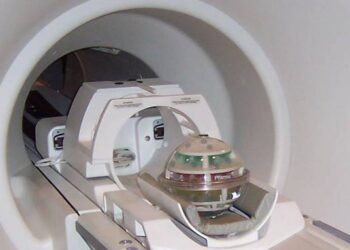Quick Take: Association with hospitalization and all-cause discontinuation among patients with schizophrenia on clozapine vs. other oral second-generation antipsychotics
Patients with schizophrenia that do not respond to 2 or more antipsychotics are considered to have treatment-resistant disease. In these settings, clozapine, an atypical antipsychotic, is typically used. However, a number of randomized clinical trials comparing clozapine with other non-clozapine second generation antipsychotics (NC-SGAs), have recently put into question the superior effectiveness of clozapine in the management of treatment-resistant schizophrenia (TRS). In this systematic review and meta-analysis of cohort studies, researchers compared rates of hospitalization and all-cause discontinuation of clozapine versus oral NC-SGAs in patients with schizophrenia or schizoaffective disorder. On the basis of 63 individual cohort studies (n=109,341), researchers found that compared to NC-SGAs, clozapine was associated with significantly lower hospitalization risk (n=49,453, RR 0.817, 95% CI 0.725 to 0.920, p=0.001) and all-cause discontinuation (RR 0.732, 95% CI 0.639 to 0.838, p<0.001). Clozapine was also associated with better outcomes with respect to overall symptoms and Clinical Global Impressions scale severity (p =0.03). Of note, however, clozapine was significantly associated with increases in body weight (p=0.02), body mass index (p= 0.009), and type 2 diabetes (p=0.002). This study therefore shows that while clozapine is associated with a greater risk of cardiometabolic effects, it is associated with improved key efficacy outcomes when compared to NC-SGAs.
Click to read the study in JAMA Psychiatry
Image: PD
©2019 2 Minute Medicine, Inc. All rights reserved. No works may be reproduced without expressed written consent from 2 Minute Medicine, Inc. Inquire about licensing here. No article should be construed as medical advice and is not intended as such by the authors or by 2 Minute Medicine, Inc.









